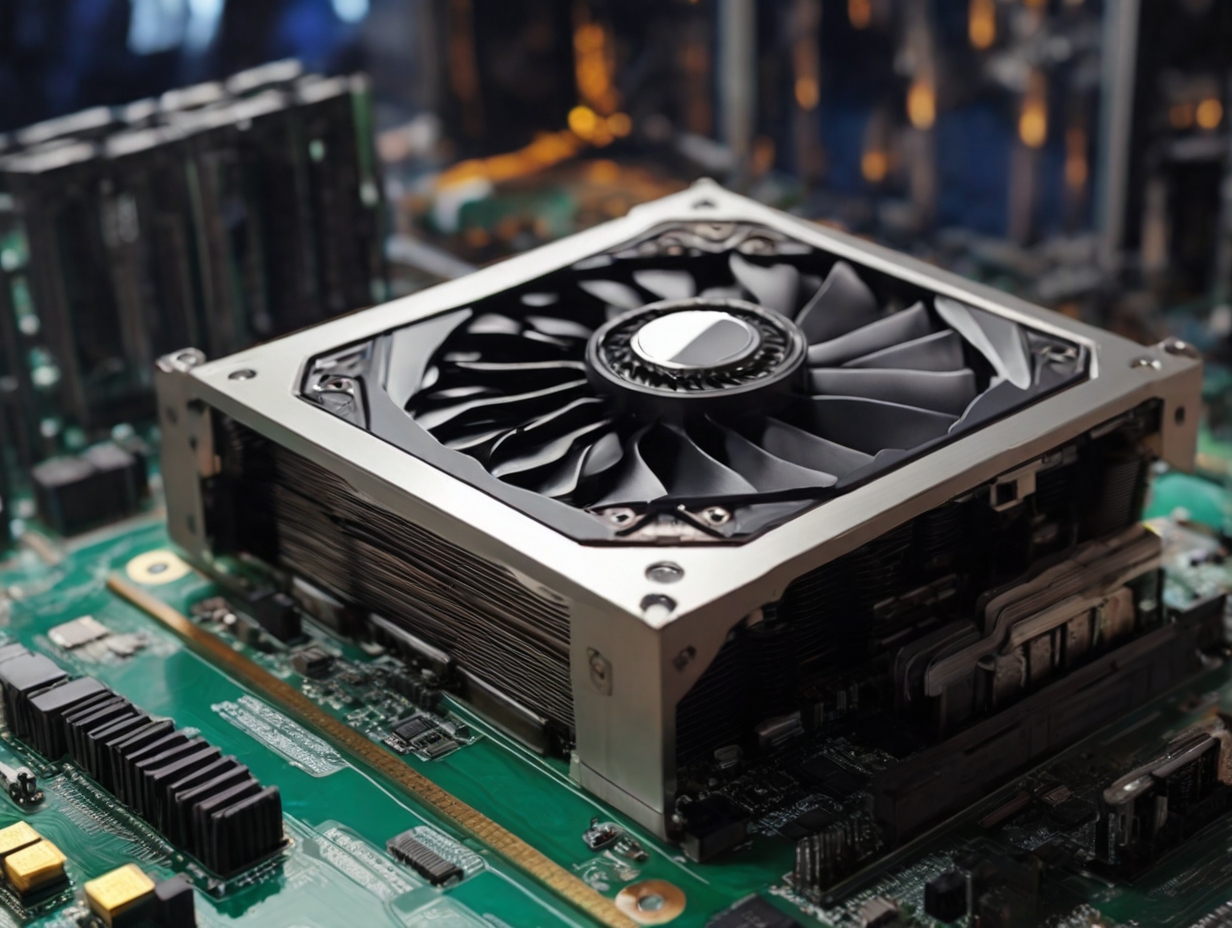A task force led by the Trades Union Congress (TUC) is set to address the growing concerns surrounding the impact of artificial intelligence (AI) on workers’ rights. Tech expert Gina Neff from the University of Cambridge, alongside employment barrister Dee Masters and TUC campaigner Mary Towers, are collaborating to formulate new legislation that safeguards workers from potential misuse of AI technology in the workplace.
The TUC task force is driven by the need to create legislation that responds to the pressing issues faced by workers today due to AI. Neff highlights the importance of tackling the challenges rather than focusing solely on speculative future risks. The UK is positioning itself as a responsible AI leader globally, and the task force aims to reflect this leadership by enacting practical measures to protect workers.
Shifting employment dynamics
Towers, who leads the TUC’s AI efforts, emphasizes that the influence of AI is already evident in hiring, firing, and surveillance processes. The emergence of generative AI has broadened the impact across various sectors, leading to concerns about privacy infringement, intensified work demands, increased job insecurity, and the potential for discrimination. These immediate challenges require tailored solutions that address the reality of today’s workforce.
Creating groundbreaking legislation
The task force intends to draft pioneering legislation that caters to the evolving nature of work influenced by AI. Unlike existing employment laws that may not be attuned to modern challenges, the new law aims to regulate the utilization of AI in decision-making processes related to workers’ rights. The draft law is expected to be completed in the coming months and presented to the government for consideration.
Expert advisory committee
The taskforce’s advisory committee comprises influential figures, including Labour’s Darren Jones and former Conservative cabinet minister David Davis. TechUK, a trade body representing the technology sector, also lends its expertise to the committee. The task force aims to foster collaboration across different sectors to ensure comprehensive insights and diverse perspectives contribute to the legislation’s development.
Challenges of opaque AI practices
Masters, co-founder of the AI Law Consultancy, highlights the need for updated employment legislation that accounts for AI’s increasing role in decision-making. She stresses that the opacity of AI algorithms and data-driven decisions presents new challenges. Rather than challenging decisions made by human managers, workers might need to contend with decisions generated by algorithms based on potentially incorrect or biased data.
Preserving workers’ rights
The TUC’s initiatives align with its call for a right for workers to have high-risk decisions reviewed by a human and to receive in-person communication about such decisions. The aim is to ensure transparency and fairness in AI-driven employment practices. Recent cases involving workers being “deactivated” from platforms like Eat and Uber due to algorithmic decisions highlight the urgency of addressing these issues.
Balancing innovation and fairness
The TUC emphasizes its support for innovation and the transformative potential of AI. However, it underscores the importance of ensuring that the benefits of technology are shared equitably among workers. Towers draws a parallel with the Luddites of the past, highlighting that their pro-social justice stance resonates with the TUC’s goal of promoting fair and just sharing of the rewards of technological advancements.
A call for informed action
Neff and Towers emphasize the necessity of having diverse voices at the table when shaping the future of AI in the workplace. The task force’s efforts align with the broader discussions around responsible AI usage and the need to address immediate challenges. As AI continues to reshape the workforce, the TUC’s proactive approach seeks to find a balance between harnessing innovation and preserving workers’ rights.
The TUC task force’s initiative resonates with the broader conversation surrounding AI’s impact on labor dynamics, presenting an opportunity to create meaningful change that ensures the well-being and rights of workers amidst the evolving technological landscape.





